Best books of 2017
Part three
Sat 26 Nov 2017
Maggie O’Farrell
Anything is Possible; Goodnight Stories for Rebel Girls
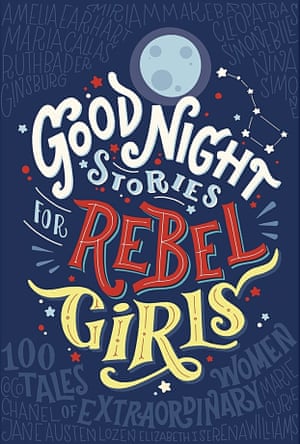
We were spoilt this year by another brilliant and devastating Elizabeth Strout book, hot on the heels of 2016’s My Name Is Lucy Barton. With Anything Is Possible (Viking), Strout turns her clear, incisive gaze on the intricacies and betrayals of small-town life. I’m now dreading the hiatus until the next Strout. Goodnight Stories for Rebel Girls (Penguin) has been the definitive book of the year in our house, for both parents and offspring. It offers celebratory, non-judgmental paeans to the varied lives of influential women. Anyone needing an antidote for certain oversexualised, underoccupied screen heroines need look no further.
Sebastian Barry
Smile; Conversations with Friends
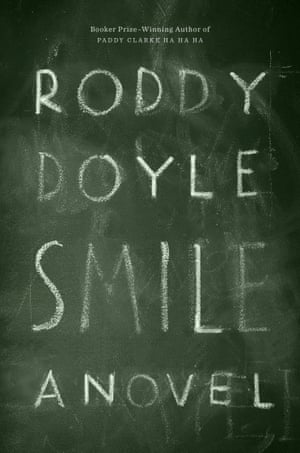
A book that made me feel I really was in the presence of a master (and indeed there’s a touch of The Turn of the Screw about it, strangely enough) was Roddy Doyle’s new novel, Smile (Jonathan Cape). In quite another world of experience, but just as Irish for all that, Sally Rooney in Conversations with Friends (Faber) seems to be Truman Capote (with his sharpest scalpel) reborn, with more than a dash of the high intelligence of Elizabeth Bowen.
Jessie Burton
Madame Zero; Anything Is Possible; The Hate U Give; Priestdaddy
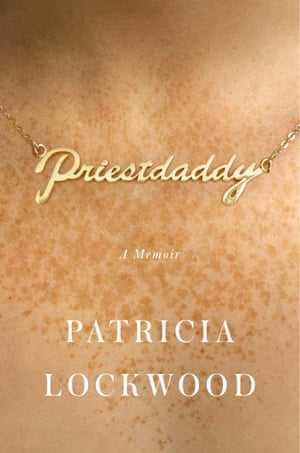
I’ve read some brilliant books this year, but a few stand out for me. Fiction-wise, Sarah Hall’s short-story collection, Madame Zero (Faber), was astonishing: humane yet otherworldly, disturbing, sexy and strange. The woman is a genius. Elizabeth Strout graced us with Anything Is Possible (Viking), her follow-up to My Name Is Lucy Barton. I’m addicted to Strout’s compassionate scalpel and in awe of her powers. She makes the small seem majestic. I also adored The Hate U Give, by Angie Thomas (Walker), a book full of life and laughter, told through the eyes of a young black girl in inner-city America who testifies against the police after a tragic shooting. In the nonfiction world, I wept with laughter at Patricia Lockwood’s Priestdaddy (Allen Lane), her memoir of growing up with a Catholic priest for a dad. So weird, so wonderful. I just kept reading the passages aloud.
Charlotte Mendelson
Independent People; The Sparsholt Affair; Stranger, Baby
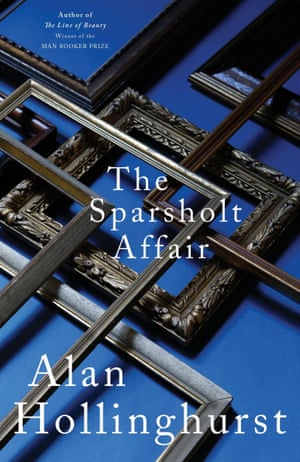
Can’t we talk about all my unread new books? I’m a late adopter; the more I’m told to read something, the longer it dawdles downstairs, waiting for that unquantifiable moment of ripeness. Or the stacks of disappointing fiction, mostly crime, or the few joys, none recent – Halldór Laxness’s Independent People? Elizabeth Strout? No? Fine, then. I’ve just started The Sparsholt Affair (Picador) by Alan Hollinghurst, my favourite living novelist. It had better be good. Emily Berry’s second poetry collection, Stranger, Baby (Faber), is witty, devastating, brilliant.
Mark Haddon
Division Street; Kumukanda; Black Country
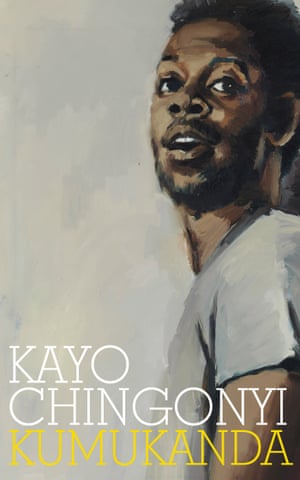
For reasons I don’t quite understand, poetry and I have been at odds with one another for a couple of years. I couldn’t bring myself to read an entire collection and I regularly gave up on poems that dared to go over the page. I simply couldn’t see the point. Then, a few weeks ago, I was sent a Red Cross parcel by Chatto & Windus which contained debut collections by three poets and they blew me away: Division Street by Helen Mort, Kumukanda by Kayo Chingonyi, and Black Country by Liz Berry. I have fallen in love with poetry again. Chatto clearly have some kind of secret hotline to my heart.
Lionel Shriver
The Fall Guy; The Dinner Party; Beautiful Animals
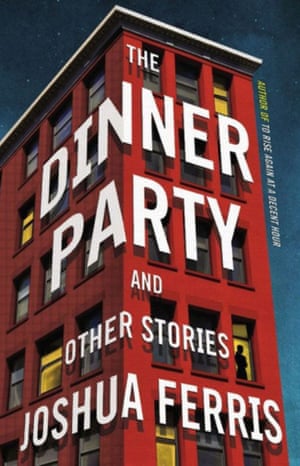
You could not go wrong with James Lasdun’s The Fall Guy (Jonathan Cape), a riveting psychological thriller with a protagonist actually as creepy as Ian McEwan’s stalker in Enduring Love, though (at first) more subtle. In Joshua Ferris’s entertaining collection The Dinner Party (Viking), most of the characters are comparatively sane, but no less deliciously ghastly. Lawrence Osborne’s Beautiful Animals (Hogarth) is both impossible to put down and beautifully written: a great combo.
Hilary Mantel
On Balance; Missing Fay
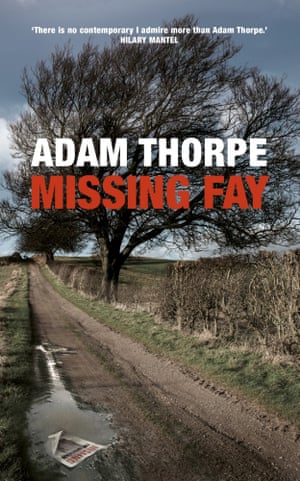
The poem Nativity, if it stood alone, makes Sinead Morrissey’s On Balance (Carcanet) a sweet Christmas choice, but it is only one of a number of thought-provoking poems in her sixth, prize-winning collection. Morrissey floats the reader glimpses of desires unmet, memories still fluid; the stories swim beyond the edge of the page, buoyed up by possibility. Adam Thorpe’s Missing Fay (Cape) is an intricately crafted novel, sharp-eared, current and full of heart, about a lost teenager in a lost England.
Jackie Kay
Kingdom of Gravity; First Time Ever; Days Without End
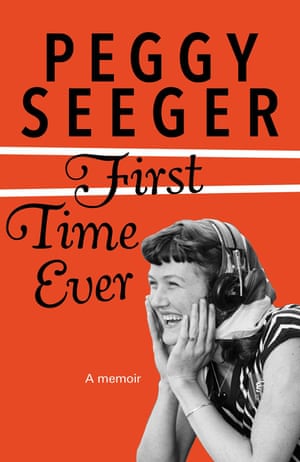
Nick Makoha’s Kingdom of Gravity (Peepal Tree Press) is a bold and brilliant poetry debut that does not avert its gaze from trauma and atrocity (exploring along the way the brutal rule of Idi Amin and the civil war) and yet is light on its feet and fills you with hope. Peggy’s Seeger’s substantial and absorbing memoir First Time Ever (Faber) is fabulous, taking us back through British folk and reminding us of why we love her songs. Sebastian Barry’s Days Without End (Faber) totally captivated me – the voice is compelling and immersive and tells a story that we don’t get to hear. Barry faces up to the history of the settlers in America and the slaughter of the Sioux during the American civil war. It is a masterpiece; hypnotic and strange, full of its own music.
Cornelia Funke
The Omnivore’s Dilemma; What a Fish Knows
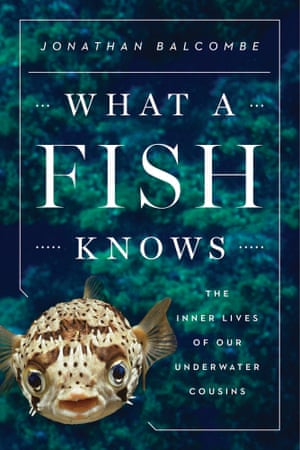
The Omnivore’s Dilemma (Bloomsbury) by Michael Pollan is, like all of his books, wildly entertaining and enlightening, challenging perceptions. For sure, you will never again look at the products in your supermarket in the same way. Or at the fields of a farmer. Numerous books have shown me how utterly ignorant I am about most creatures I share this planet with, but none humbled me more than What a Fish Knows (Oneworld) by Jonathan Balcombe. Many of us have a soft spot for dolphins and whales, but Balcombe makes it embarrassingly clear how absolutely ignorant (and arrogant) we are when it comes to the vast world of our oceans and their inhabitants.
David Nicholls
Priestdaddy; Respectable; The Red Parts; Days Without End
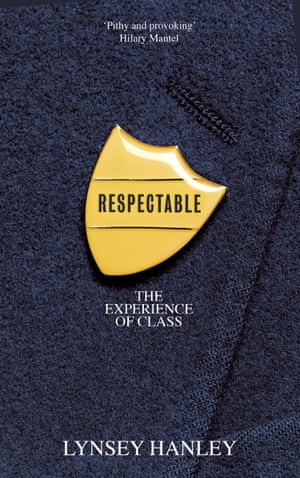
This year I read a series of fantastic memoirs. I loved Patricia Lockwood’s Priestdaddy (Riverhead), in particular the depiction of her father, a gun-toting, guitar-wielding Republican pastor. Written with a poet’s precision, it’s funny, raucous, thoughtful and angry in turn. Lynsey Hanley’s Respectable (Allen Lane) is a sharp, insightful look at social mobility, and Maggie Nelson’s The Red Parts (Vintage) is a harrowing but clear-eyed examination of crime’s emotional fallout. As for fiction, I came a little late to Sebastian Barry’s Days Without End (Faber) but it really is an amazing achievement, especially the brilliantly sustained first-person voice. For page after page, I found myself thinking, how does he do this?













No comments:
Post a Comment